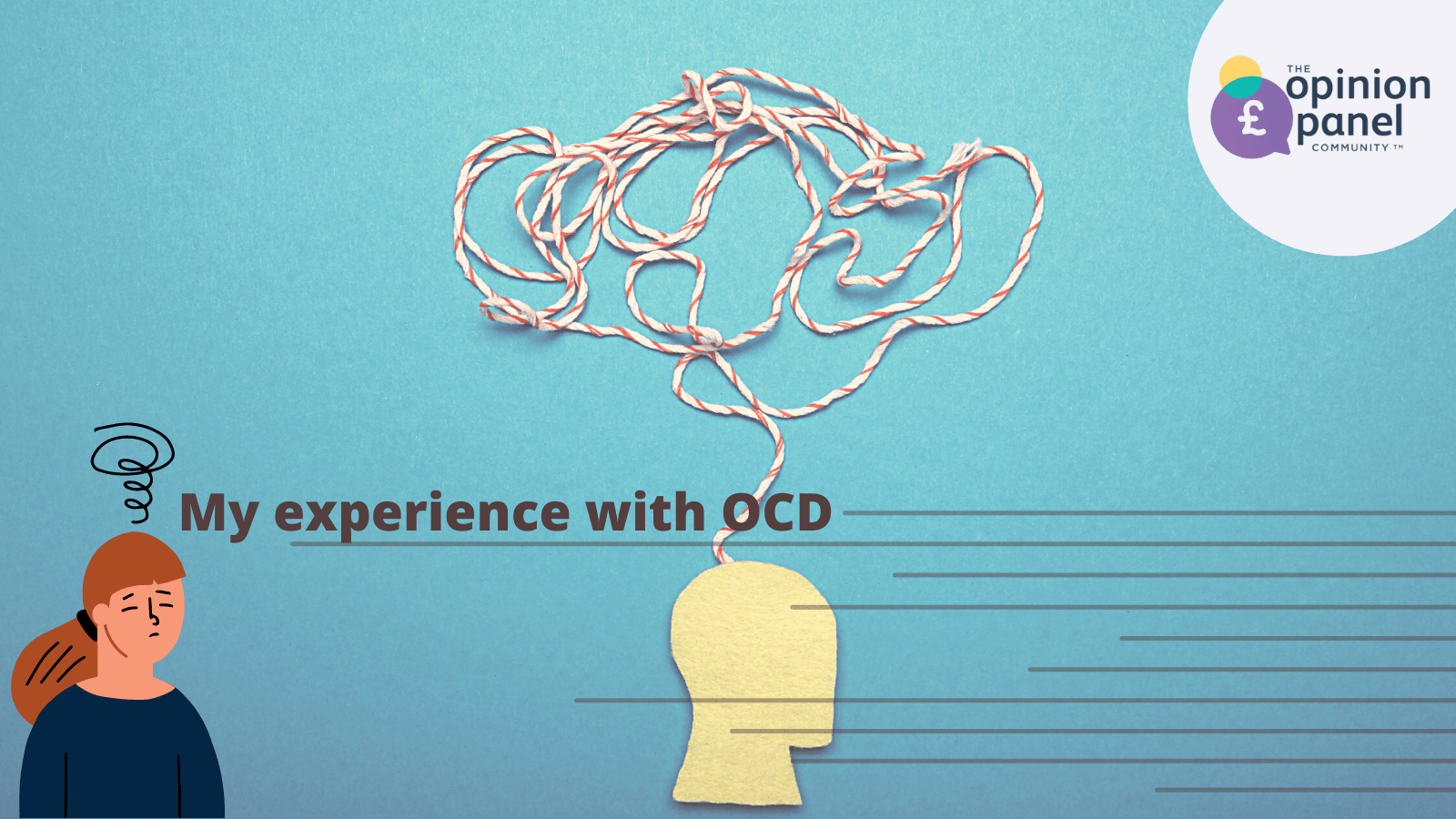
I ruminate a lot. That means that sometimes, I go all the way back to high school in my mind and re-live scenarios long forgotten by others. Other times, it means that I get lost in thinking about the future and end up planting a whole range of ridiculous scenarios in my head, which very often haunt me. In the last few years however, I’ve come to realise that my “ruminations” are just my own internal version of a form of literature called ‘stream of consciousness.’ Let me explain.
My big revelation came to me by way of a pretty terrible experience. I had taken a job with a company which very quickly revealed itself to be horribly dysfunctional; it was a non-profit public organisation that was bloated and filled with some pretty nasty, back-stabbing folks. I took the job during a transition from one horrible leadership team to another, equally horrible one.
I lasted 7 months before the panic attacks set in.
When I walked out of that job, my ruminations began. It was all pretty negative stuff; it kept me up at night, and completely filled some of my days. Eventually, I decided that it needed to stop. My partner said to me at one stage, “why don’t you just write all of this stuff down? That might get it out once and for all.”
So, I did.
Taking control of my problem, I engaged in writing for 8 months, using the stream of consciousness form as my outlet. Eventually, I had a pretty terrific novel on my hands; a pretty terrific novel that is now published. It doesn’t just finish there, though: long after I finished writing, I realised that my ruminations were behind me.
To say that I am a fan of stream of consciousness writing is a huge understatement. Nowadays, I use it all the time, no matter what writing project I may be on. When I can’t get going, I tap into some personal feelings about the topic and just let rip. Like it did with my first novel, my impulsive, thought-driven style of writing ultimately helps me complete whatever short story, blog post, or article I need to write. I am now a natural at writing in the stream of consciousness, and I believe you can be too. Here are my 5 steps to mastering the form:
1. Get Yourself Comfortable

Comfort for me is either my recliner (feet up, laptop perched just right, you know how it is), or on my deck with an umbrella overhead. I have friends who need more stimulation, so they will often go to busy places, like malls, coffee shops or parks, where the people and places around them can act as prompts. From my experience, comfort is probably the most important element, because it allows my mind to settle and be more active under my control.
2. Pick a Topic … or Don’t
A lot of people say you really need to write about something you have strong feelings for. Apparently, it gets the creative juices flowing. Instead of only choosing things close to my heart, if I have something to write for a deadline, I will try to get myself somewhat emotional about the topic at hand. This could mean getting excited, upset or even comedic; it really just depends on how I have to write.
If I’m starting my own project, say a short story, I may not chose any topic at all. I’ll just start a conversation with an old friend, someone I’m irritated with or even someone completely fictitious. Recently, with so much politics in the news, I have been having conversations with some of the candidates (that’s fun).
3. Just Write
I don’t care about typos, capitals, punctuation – they just impede the flow. You shouldn’t either. It’s just a matter of checking a few sites which can easily fix your mistakes. Just pour your thoughts out on the paper or screen as they come.
The lovely thing about writing? There are no rules about what you say or how you say it, it’s so liberating!
Keep writing until no more words come out. You can wildly change the topic hundreds of times; you can move from lecturing someone you’re upset with to having a talk with God about what a beautiful planet He created, and how we seem to be doing our best to destroy it. You can converse with the dead, the living, or a bug on the railing – anything is possible, because you’re the one in charge!
4. Read It

I always read through what I have written because that’s when all the extra little creative ideas can hit. Something I spot in my own writing will set off a spark, and I will suddenly know just how I am going to begin the next post or article I have to complete. It might sound like a strange thing to do, but I have yet to fail to get that spark from reading my own work.
5. Get More Intense
The more you engage in writing, the more emotionally intense your topics may become. I noticed it during the initial stages of my writing career, and you will too. Being hesitant at first is normal because we all have our inhibitions, but gradually, very gradually, you will tackle the more intense.
When you do, it’s hugely cathartic.
These days stream of consciousness writing is a part of my regular weekly schedule. Not only does it give me great ideas, but it helps keep me emotionally healthy. As your mother used to say to you about any new food: “Try it, you might just like it.”









I think… taking care of your conscious is a very important thing in life so you have good mental health